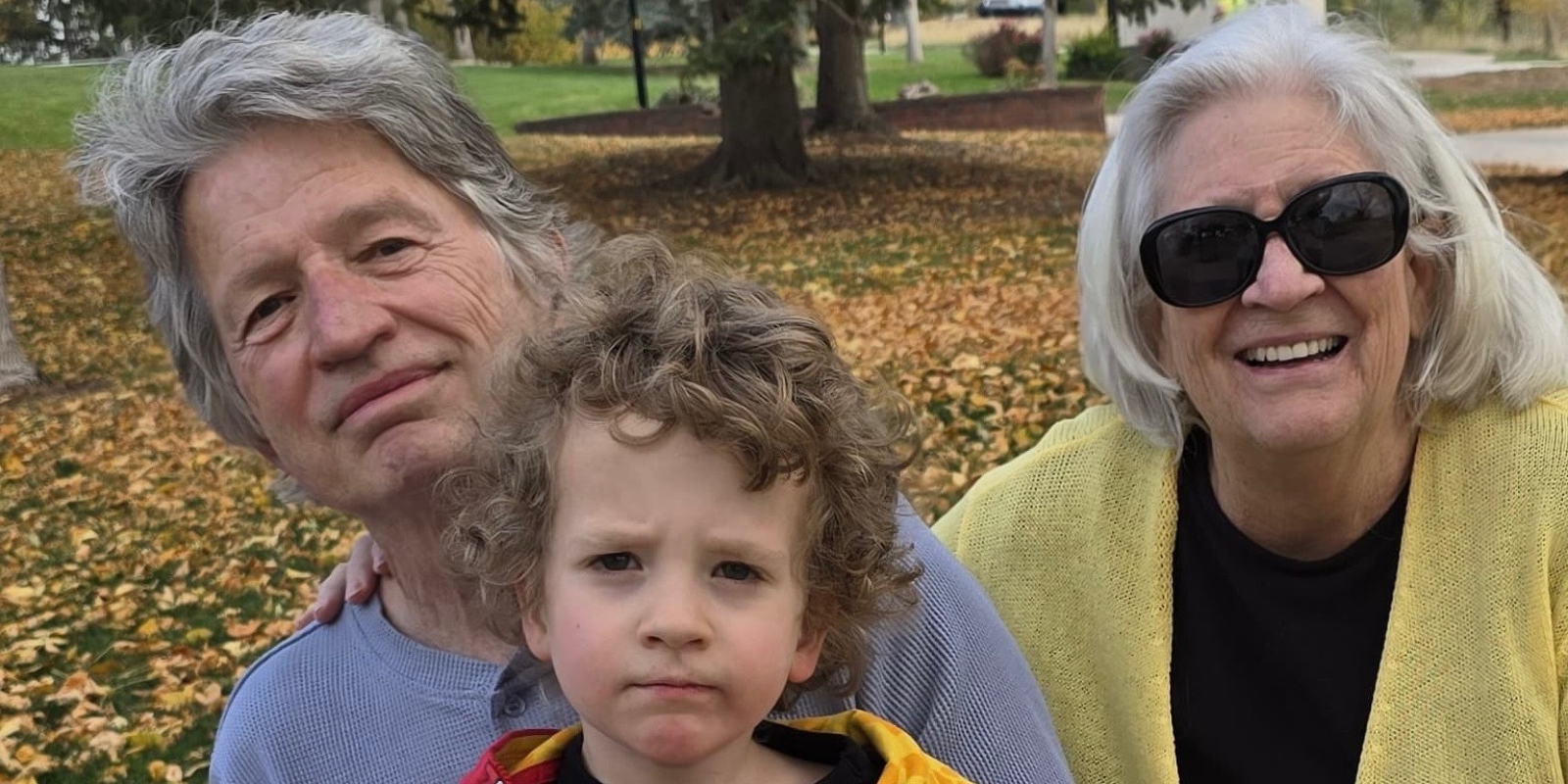Research shows that Hispanic patients spend longer on the transplant waiting list than other ethnic groups. They also face higher mortality rates while waiting for a transplant. With a goal to change this disparity in transplantation, Elizabeth Pomfret, MD, PhD, chief of the Division of Transplant Surgery at the University of Colorado School of Medicine, created a clinic to better serve the Hispanic community in the Rocky Mountain region.
Pomfret recruited Monica Grafals, MD, associate professor in the Division of Renal Diseases and Hypertension, to establish the clinic, which is a culturally sensitive program serving the Spanish-speaking population.
Since 2018, the clinic has given many people a second chance at life with a transplant. The clinic’s entire staff is bilingual in Spanish and English and are trained to not only understand the medical needs of their patients, but also how cultural differences affect patient care
In recognition of Hispanic Heritage Month, we interviewed Grafals to learn more about the Hispanic Transplant Clinic and her heritage.




.png)
.png)